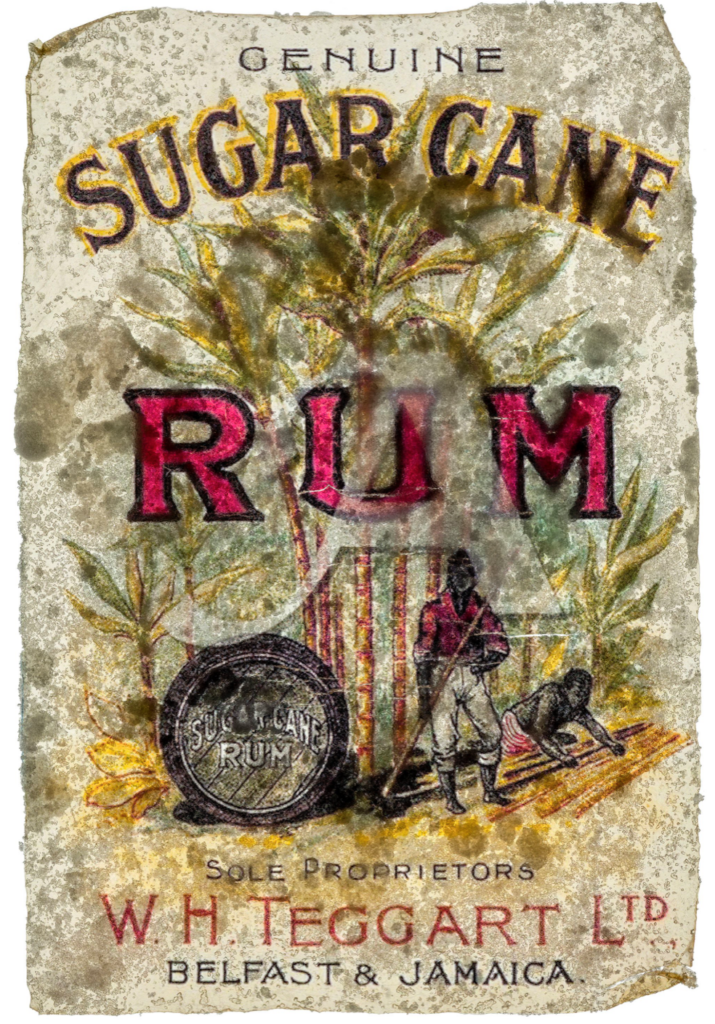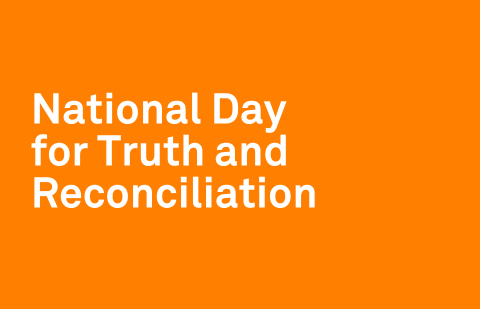Emancipation Day recognizes the date in 1834 that slavery became illegal in the British Empire, including in the colonies of British North America, which would later become Canada. Roughly forty years earlier, the legislature of Upper Canada (now Ontario) had passed the Act Against Slavery, which banned white land owners from importing enslaved people; they were, however, allowed to maintain ownership of individuals already enslaved, as well as the children of enslaved women until those children were 25 years old. Needless to say, this act allowed slavery to continue for years to come.
Similarly, in some places in the Caribbean, like Jamaica, slavery was not immediately abolished in 1834. Instead, on August 1, 1834, the government implemented apprenticeships, which were transitional programs that postponed emancipation for formerly enslaved people while prolonging the profitability of plantations. Four years later, the Emancipation Act was passed in Jamaica on August 1, 1838.
As we mark the 190th anniversary of the Slavery Abolition Act, it is important to note that Black people enslaved and oppressed by white land owners participated in acts of resistance individually and collectively well before the act was passed by British Parliament in 1834, and in the years since. The Act Against Slavery in Upper Canada and the apprenticeship system in Jamaica are just two examples of the ways racist laws have resulted in incremental steps in the ongoing fight for freedom, justice, and equal opportunity. Decades after official emancipation in Jamaica was achieved, the Morant Bay Rebellion, led by Paul Bogle in St. Thomas Parish (1865), was evidence that the oppressive legacy of colonialism persisted after emancipation. Participants of the rebellion were severely punished or killed and Jamaican independence from Britain wasn’t achieved until 1962, almost a century later.
In her newest work, Pickering-based artist Christina Leslie focuses the region of St. Thomas as a way to honour the importance of the 1865 uprising in Jamaican history and of her father’s birthplace in her own life. In her series Sugar Coat, she pays particular attention to the impact of the sugar industry in the area, which produced exceptional wealth for plantation owners and other white elites in the British Empire by subjecting enslaved Africans to brutal work and working conditions. In her photography, Leslie hopes to shed light on the past so we can better understand our shared history and how we live together today. Her work will be on display in the solo exhibition Likkle Acts, which opens at the RMG in November.

Likkle Acts will be installed in the galleries currently exhibiting Contemporary Kids, which is outfitted with a selection of picture books and comfy chairs for you to enjoy. In August, we’re adding a new book: Abolition is Love by Syrus Marcus Ware with illustrations by Alannah Fricker. The book invites children to explore how love, justice, and care can act as paths towards safety and conflict management. Canada’s criminal justice system is a site of continued systemic inequality; as we prepare to welcome Christina Leslie’s work on slavery and the sugar trade, we acknowledge the systems that continue to uphold white supremacy and capitalism at the expense of human rights, collective health, and freedom.


